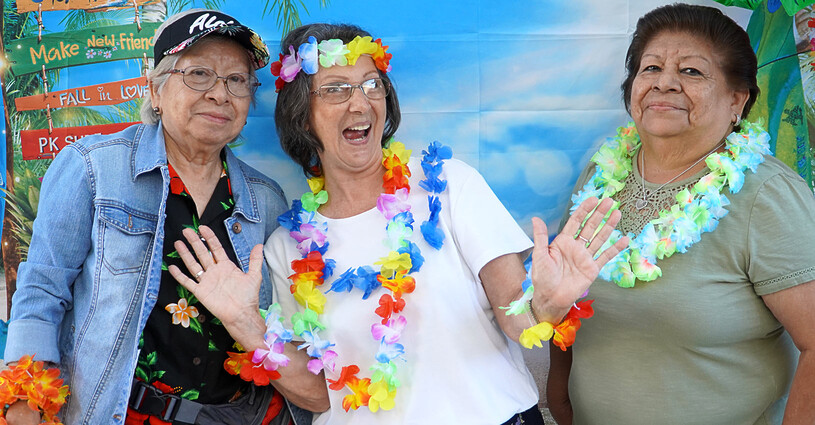At their Annual Meeting in September 2021, the Foundation’s Board of Directors selected four focus areas for funding: Transition Age Youth, Youth Programs, Restorative Justice, and Programs for Elders. These were not new grant categories, but rather issues which the Board hoped to strategically impact. Los Angeles, along with the rest of the world, was beginning to come out of the COVID-19 pandemic, and some groups had been affected even more than others.
The pandemic negatively affected many Angelenos, especially current and former foster youth/young adults, or Transition Age Youth. This population faces many challenges toward reaching self-sufficiency, but the Foundation chose to focus on two areas that significantly impact their journeys to adulthood: Education and Housing. The Board increased funding for existing partners such as Journey House, and added new partnerships such as Seed House Project, to help this population persist in and graduate from higher education and have the housing support needed to reach these milestones.

Due to pandemic shutdowns, the children and youth in after-school programs suffered from a lack of learning opportunities caused by school closures, internet connectivity issues, quarantines, and Zoom fatigue. Parents lost jobs, families faced financial struggles, and many experienced food insecurity and housing instability. The Strategic Plan supported additional quality programs in South LA, including The Al Wooten Jr. Youth Center and Brotherhood Crusade.
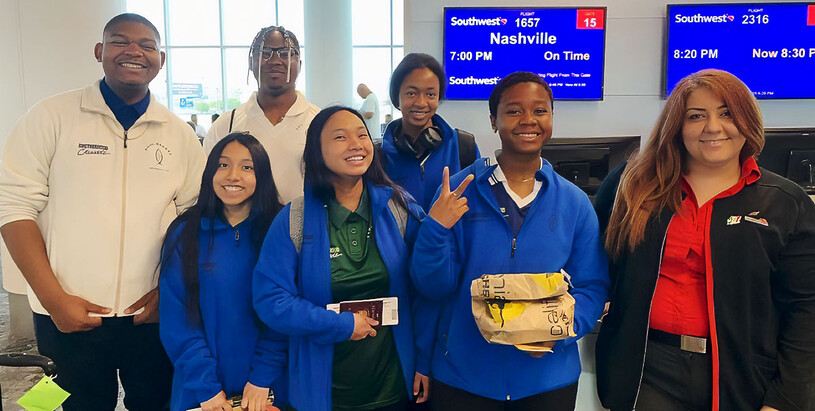
To support the area of Restorative Justice, the Foundation funds programs that offer hope, redemption, healing, and family connection to incarcerated and re-entering youth and adults. These grantees include: The Center for Restorative Justice’s Get on the Bus, the Jesuit Restorative Justice Initiative, Francisco Homes, and Partnership for Re-Entry Project.
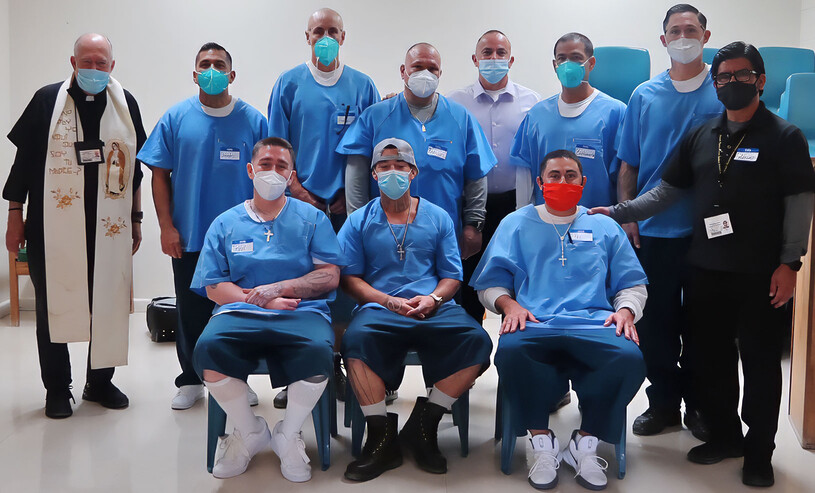
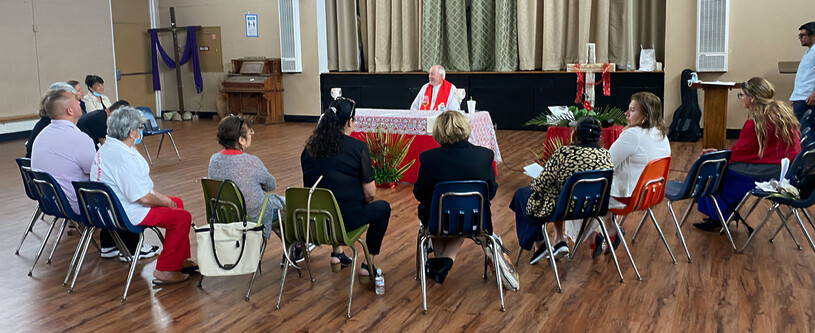
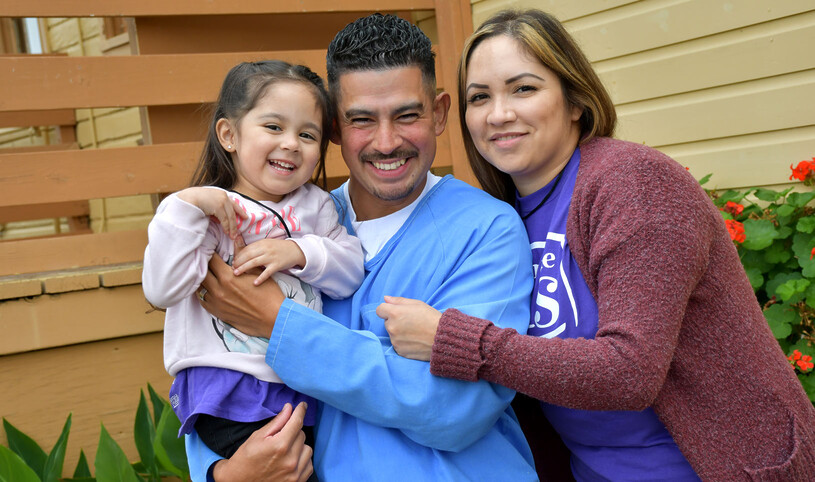
One of the priority areas for The Doheny Foundation is programs for the low-income senior community. Many older Angelenos live on low, fixed incomes and struggle with basic needs such as housing, food, and healthcare. The Foundation Board believes that older adults should have the opportunity to live well and age with dignity and independence. Current partners of the Foundation who are focused on the needs of the senior community are: St. Barnabas Senior Services, St. Vincent Meals on Wheels, All Peoples Community Center, Alzheimer’s Los Angeles, Foodbank of Southern California, and the Los Angeles Regional Food Bank.
